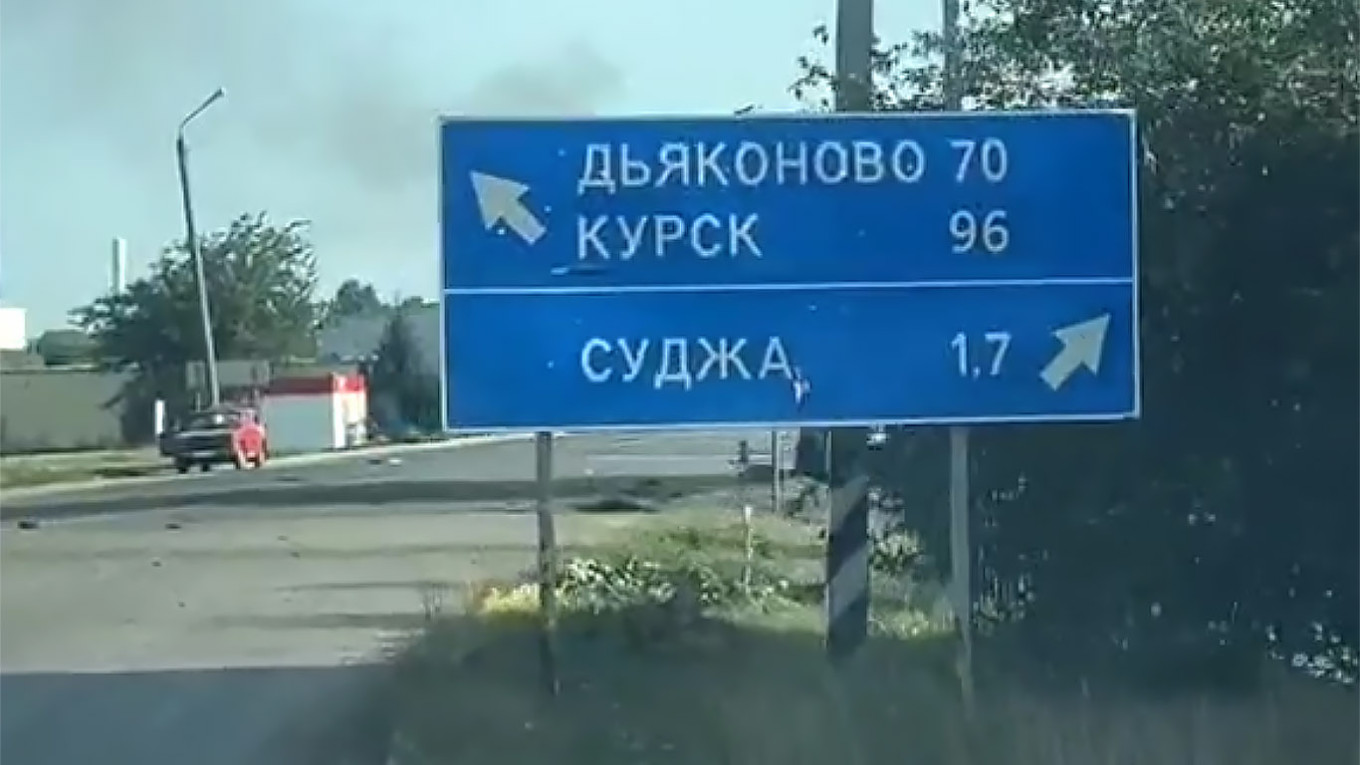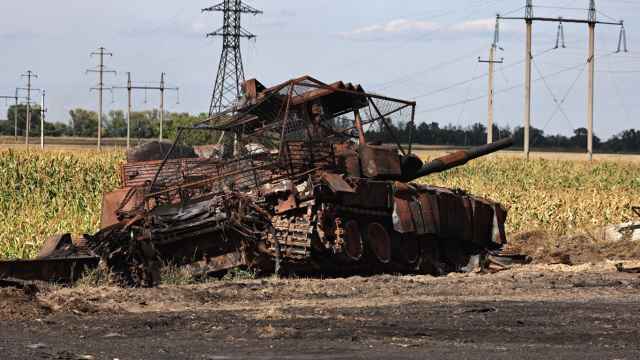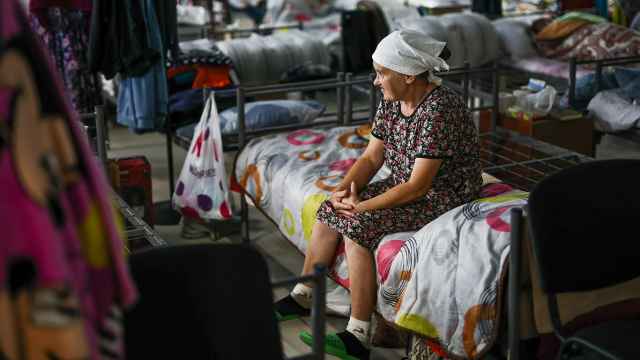Ukraine controlled at least 800 square kilometers (308 square miles) of territory in Russia's Kursk region as of Monday, according to an AFP analysis of data provided by the Institute for the Study of War.
Kyiv launched a surprise offensive into Russia's southwestern Kursk region last Tuesday, capturing over two dozen settlements in the most significant cross-border attack on Russian soil since World War II.
The ISW, a non-profit research group based in Washington D.C., gives regular tactical updates on Russia's invasion of Ukraine.
Russian President Vladimir Putin ordered his army on Monday to "dislodge" the Ukrainian troops as authorities said over 120,000 people had been evacuated away from the fighting.
Ukraine's military chief Oleksandr Syrsky told President Volodymyr Zelensky in a video posted Monday that his troops now control around 1,000 square kilometers of Russian territory and are continuing "offensive operations."
Zelensky told the nation in an evening address that the cross-border offensive was "purely a security issue," capturing "areas from which the Russian army struck at our Sumy region."
A Message from The Moscow Times:
Dear readers,
We are facing unprecedented challenges. Russia's Prosecutor General's Office has designated The Moscow Times as an "undesirable" organization, criminalizing our work and putting our staff at risk of prosecution. This follows our earlier unjust labeling as a "foreign agent."
These actions are direct attempts to silence independent journalism in Russia. The authorities claim our work "discredits the decisions of the Russian leadership." We see things differently: we strive to provide accurate, unbiased reporting on Russia.
We, the journalists of The Moscow Times, refuse to be silenced. But to continue our work, we need your help.
Your support, no matter how small, makes a world of difference. If you can, please support us monthly starting from just $2. It's quick to set up, and every contribution makes a significant impact.
By supporting The Moscow Times, you're defending open, independent journalism in the face of repression. Thank you for standing with us.
Remind me later.






